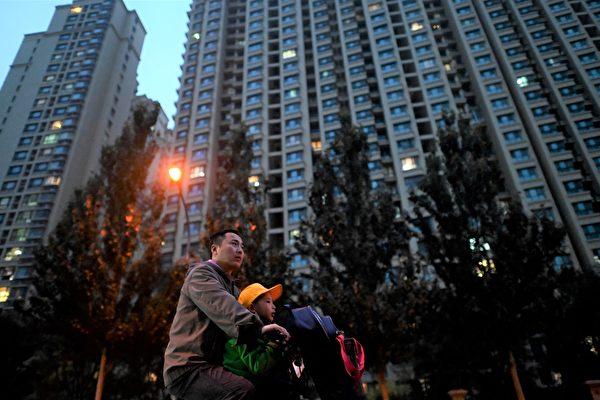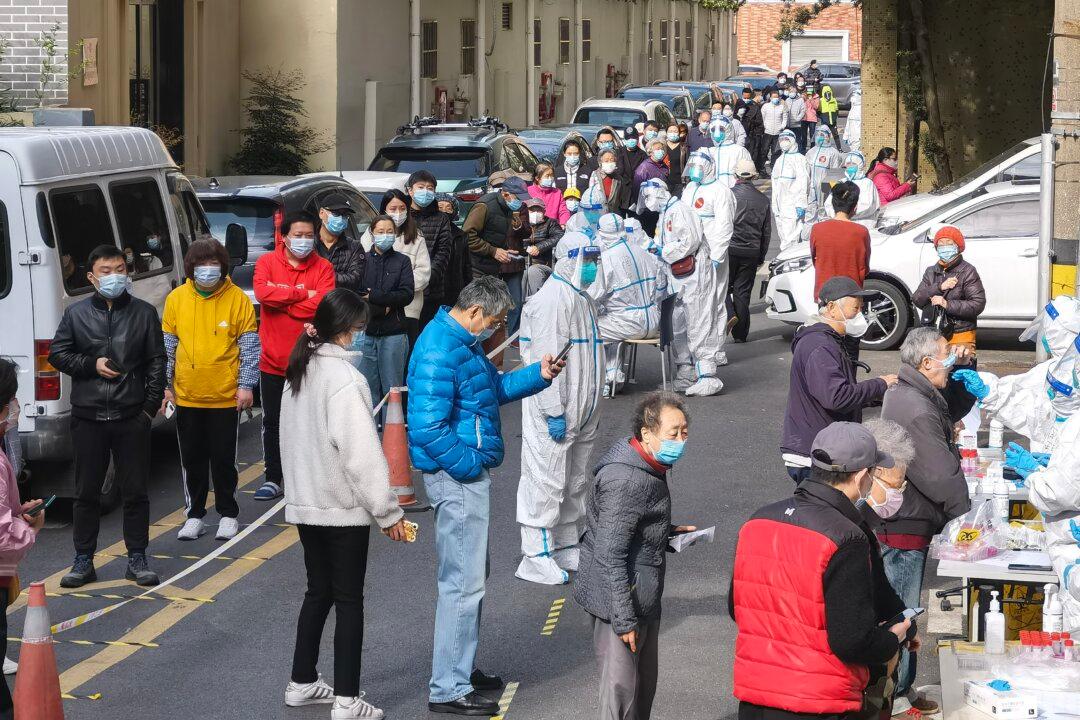China’s local government revenues and overall economy are dependent on the strength of the housing and commercial real estate sectors. Their combined revenues account for 25 percent of China’s GDP. Efforts to stimulate these sectors over the past decade were successful in attracting foreign investors and fueling the growth of developers. But recent data shows that China’s real estate market is trending downward, and is sparking fears of a recession this year.
First-quarter data provided by the Chinese Communist regime and its National Bureau of Statistics confirm the downward trend. Compared to the same period in 2021 (year-on-year), the average per-square-meter price of commercial housing sold in China dropped 10.3 percent in the first quarter; the areas of commercial housing sold fell 14 percent; and the commercial housing sales plunged 23 percent, including residential sales that plummeted 26 percent.





